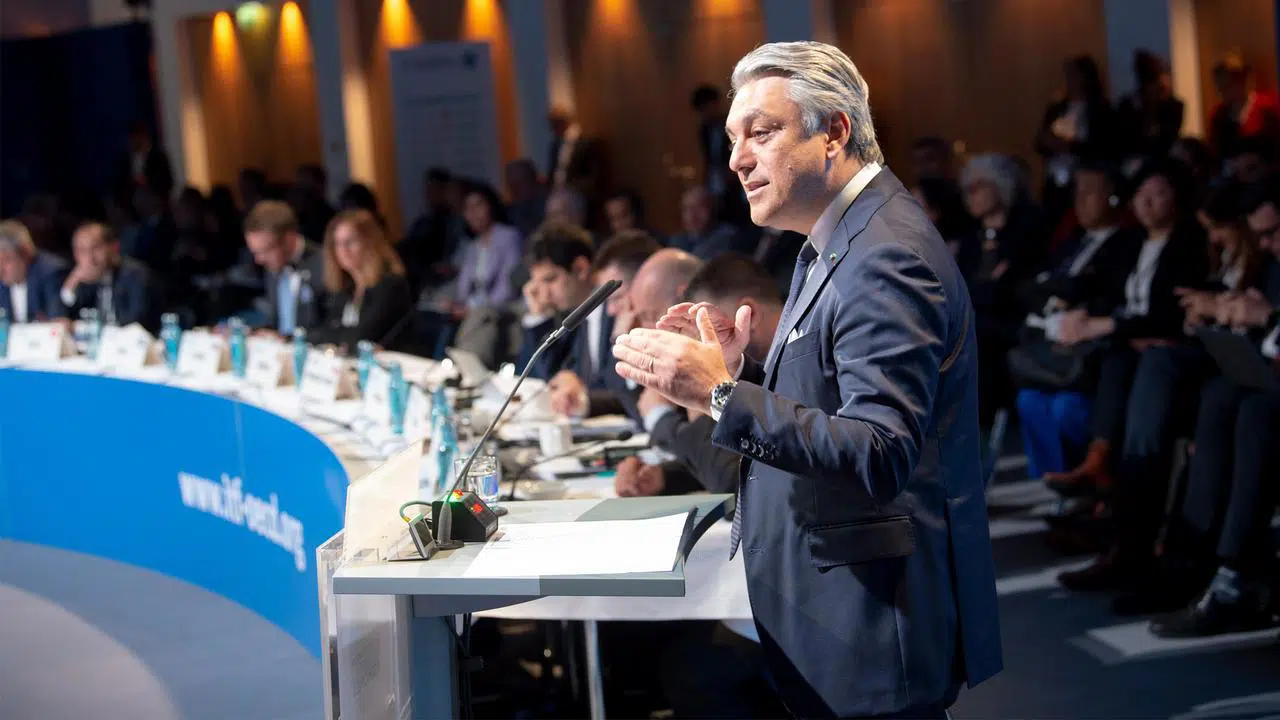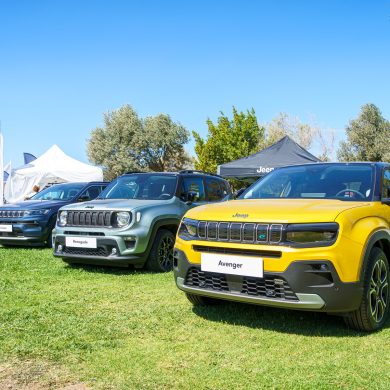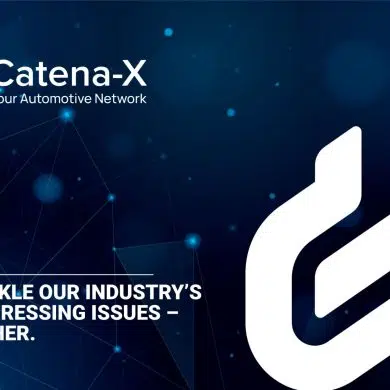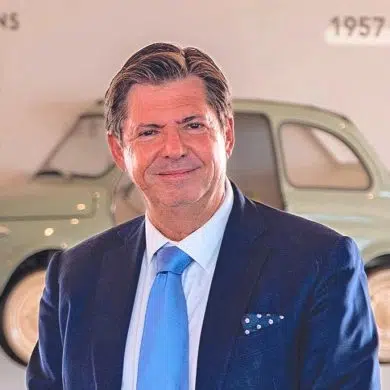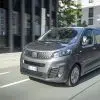Ο Luca de Meo, managing director of the Renault Group and chairman of Acea, has a plan for Europe. A precise plan, which is contained in a 'letter to Europe' addressed to all the big names in and around Brussels: "In view of the debates that will fuel the election campaign, I consider it appropriate to make my voice heard, not to play politics, but to contribute to the right policy choices," de Meo writes. "The one that will allow European industry to face all the technological and geopolitical challenges of the moment." There are numerous proposals and above all a strong call for "intensifying cooperation initiatives" to put the automotive industry on a "path of renewal", as has already been seen in the past with Airbus, the aerospace company set up at the initiative of French, German and Spanish companies. De Meo thus calls on the European institutions to mobilise themselves 'to successfully and cooperatively achieve the energy transition of the automotive industry' and to make this transition 'a springboard for Europe's industrial renewal by developing cross-sectoral cooperation and implementing large-scale projects between the public and private sectors'.
Findings and challenges
The President of the European Manufacturers' Association starts with an analysis of the automotive industry as a whole and highlights its social and economic contribution: 13 million employees, 7% of total workforce, 102 million trade surplus, 17% of total R&D expenditure. "Nevertheless, we are seeing growing signs of weakening, which, if left unchecked, could be a cause for real concern," writes de Meo, emphasising the shift in focus towards Asia and the implications of the shift towards electrification, described as "a huge challenge that is profoundly transforming the industry". For de Meo, European companies in the sector are "under pressure", facing six challenges simultaneously: decarbonisation, the digital revolution, regulations, technological instability, price volatility and staff training. In addition, the sector faces 'unbalanced competition'. On this front, de Meo's summary is very effective: "The US provides incentives, the Chinese design, the Europeans regulate".
The recommendations
The top director then goes on to make recommendations, starting with a premise: "The European automotive industry is mobilised, but it urgently needs the Union to create the necessary conditions for the emergence of a true low-carbon mobility ecosystem." The requests to the institutions are clear: "Define a strategy for Europe in which the automotive industry is one of the main pillars; bring all stakeholders around the table to develop this strategy; put an end to the current system based on the constant introduction of new regulations, setting deadlines and the threat of fines for non-implementation; adopt a horizontal approach; rebuild the capacity to supply raw materials and electronic components; develop the In essence, "Europe must invent a hybrid model" between China and the US. Moreover, the automotive industry does not question the Green Deal or the need for low-emission mobility, but "calls for a review of the conditions for implementing this global strategy".
How? For example, by adopting a "principle of technological and scientific neutrality", by involving Europe's 200 largest cities in manufacturers' decarbonisation strategies, by launching "a kind of industrial 'championship' through a bonus malus system that rewards the best and punishes those who do not comply", creating 'green economic zones', allocating 'a share of green and low-cost energy to industry', accelerating 'the development of smart and hyper-connected autonomous vehicles', involving 'the public in the ecological transition' and creating 'a new public-private partnership'.
Plans
However, De Meo is not content with mere recommendations, but also describes priority projects. The first is the promotion of affordable small electric cars through "cooperation between manufacturers" and through non-monetary incentives and concessions. The second is the creation of companies specialising in electrified solutions for urban deliveries. The remaining proposals focus on initiatives to accelerate the renewal of the vehicle fleet, the development of charging infrastructure for electric vehicles and V2G technology, the goal of raw material dominance, increasing competitiveness in the semiconductor sector, the standardisation of software-based vehicles, the creation of a European champion of the "industrial metaverse", the integration of battery recycling and the harnessing of the potential of hydrogen. "The proposals we put forward in this call are ambitious but concrete. They show that the European automotive industry can quickly become the solution to the continent's challenges. We know that this requires a paradigm shift. The next step must be to draw inspiration from the best practices of other countries. Cooperation is essential, both between competitors and between industry sectors. We are ready to work with all institutions and stakeholders to promote these ideas. Europe's prosperity is at stake," says de Meo.
Convinced that "eco-transition is a team sport" and that "the European automotive industry can quickly become the solution to the continent's challenges", the Director calls on policy makers, administrators, European citizens, NGOs, energy, software, digital and other sectors to "take action to work together to create a new mobility ecosystem in Europe". Common sense, ideas, proposals: will it happen?


